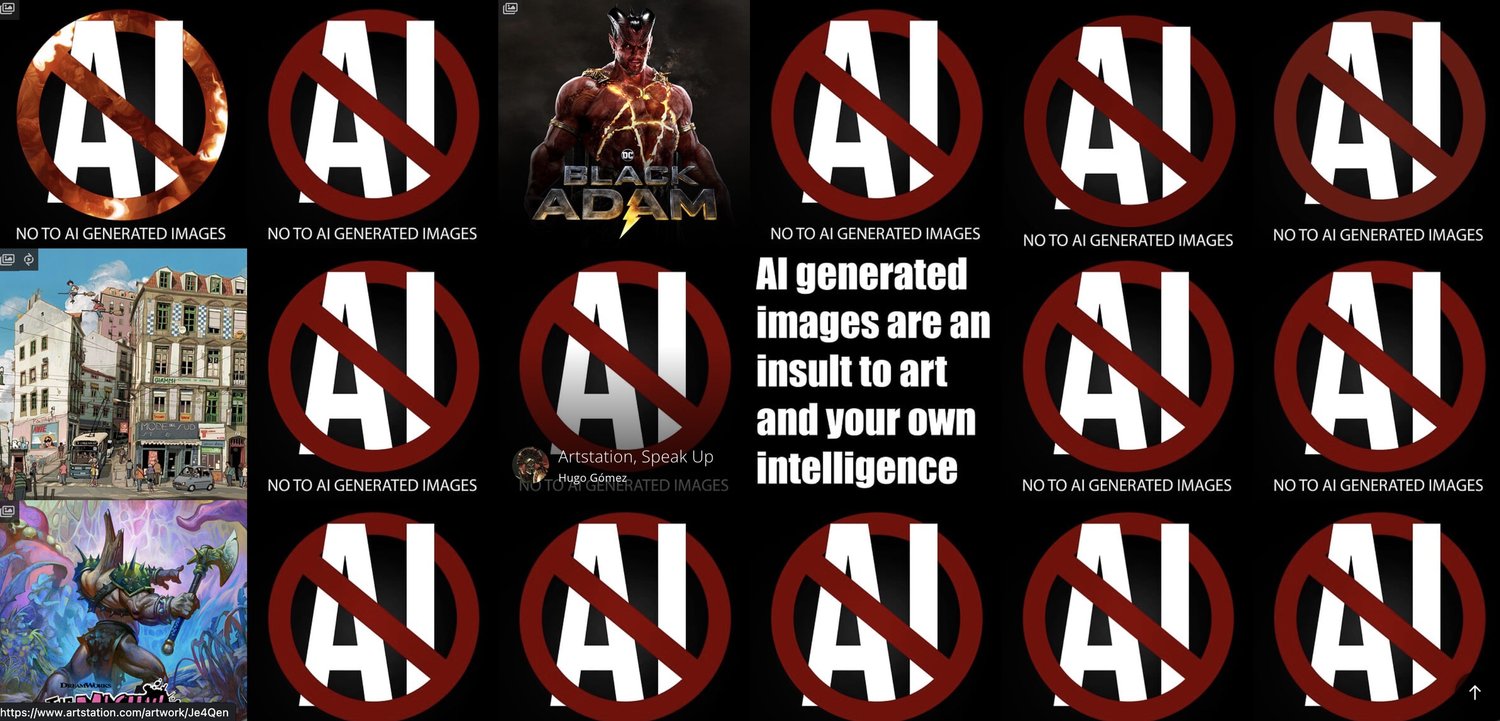I’m a copywriter. I’m pretty sure artificial intelligence is going to take my job
My amusement turned to horror: it took ChatGPT 30 seconds to create, for free, an article that would take me hours to write
“Write an article on ‘What is payment gateway?’” I recently typed into a ChatGPT window. ChatGPT, an artificial intelligence-powered writing generator, quickly obliged.
The result was impressive. Sure, the tone was inhuman and the structure as sophisticated as a college essay, but the key points, the grammar and the syntax were all spot on. After a bit of a punch-up, it was perfectly passable as a sponsored content article designed to drum up business leads for a software provider – an article like the one that I, a professional copywriter, had just spent hours writing.
My amusement quickly turned to horror: it had taken ChatGPT roughly 30 seconds to create, for free, an article that I charged £500 for. The artificial intelligence software is by no means perfect – yet. For businesses that rely on churning out reams of fresh copy, however, it’s a no-brainer, isn’t it?
For those unfamiliar with ChatGPT, let me explain. Developed by OpenAI, ChatGPT is an artificial intelligence-based chatbot that’s been trained to interact with users in a natural, conversational way. Unlike traditional language models, ChatGPT can learn to generate responses without explicit instructions on what the correct answer is. Users can make any request – from
Tell me about Watergate to
Write an opinion piece about ChatGPT taking someone’s job – and ChatGPT will produce a response. If you run it through a plagiarism checker, you’ll discover that that content is 100% unique.
I instructed ChatGPT to write a version of this article. Here’s how it opened:
As a copywriter, I’ve spent years honing my craft and perfecting my ability to craft compelling and persuasive copy. But now, it seems that my job is at risk of being taken over by ChatGPT, a large language model trained by OpenAI.
The developers admit that the software still has limitations. It tends towards the verbose and repetitive (“honing my craft and perfecting my ability to craft”), and minor changes to question phrasing can be the difference between an amazing response and no response at all. The more we use it, however, the better it will become. As ChatGPT told me, it can already “replicate the writing styles of different authors” and “even be trained to mimic the tone and voice of a particular brand or organization”.
I don’t claim any superior insight, just a realization that
if a company can improve its bottom line by cutting costs in its supply chain, it will. Any sentimental attachment to human-created content is sure to be quickly overridden, I suspect, by the economic argument. After all, AI is super-fast labor that doesn’t eat, sleep, complain or take holidays.
In the near term, writers and editors will still be needed, but fewer of them. A human will prompt AI to generate mountains of copy, only intervening again to fact-check, amend and approve.
But how long before the model learns to spot commercial opportunities, generate ideas and put perfect content live without any human involvement?
What does this mean for you? PriceWaterhouseCooper
predicts that AI will produce a $15tn boost to GDP by 2030. Fantastic, but it also predicts that 3% of jobs are already at risk from AI. By the mid-2030s, this proportion will jump to 30% – 44% among workers with low education. That’s a lot of people who will need to “upskill”, retrain or drop out of the workforce.
History has shown that, when technology has replaced humans, we’ve created new purposes for ourselves. But in its eternal quest for self-improvement,
is there a danger that AI will continually outpace us by making us redundant more quickly than we can redefine our roles? To take the creative industries as one example, AI is already replacing movie extras, songwriters and audiobook narrators.
Some observers have suggested that the introduction of a Universal Basic Income (UBI) – paid for by AI-generated wealth – is the best bet for the future. In his essay “
Moore’s Law for Everything”, Sam Altman, the CEO of OpenAI, claimed that AI could drive enough economic output to pay every adult in the US $13,500 a year, while dramatically driving down the cost of goods and services.
But work isn’t just income. For many, it’s meaning. Far from the tyrannical robots and human batteries seen in sci-fi, the real problem we might have to contend with is an epidemic of purposelessness. Even when not twinned with deprivation, a lack of purpose can contribute to depression, anxiety and addiction.
Governments are already developing strategies to deal with this seismic shift in the labor market, but I’d urge individuals to do the same. I certainly will be. As with any revolutionary technology, there’s much debate over how exactly AI will reshape our lives in the coming decades, and not enough space to do every perspective justice here. But one thing is for certain: change is coming, and those who embrace it and adapt will be best placed to thrive.
Or as ChatGPT would say:
The key is to find the right balance between using technology and honing the human touch. Copywriting is an art and it requires creativity, empathy and understanding of the target audience. So, ChatGPT will not take my job, but it will be my partner to create more impactful and persuasive copy
But it would say that, wouldn’t it?



